The Ming - Qing emperors were hit with a "long-standing curse": Short life, infertility?
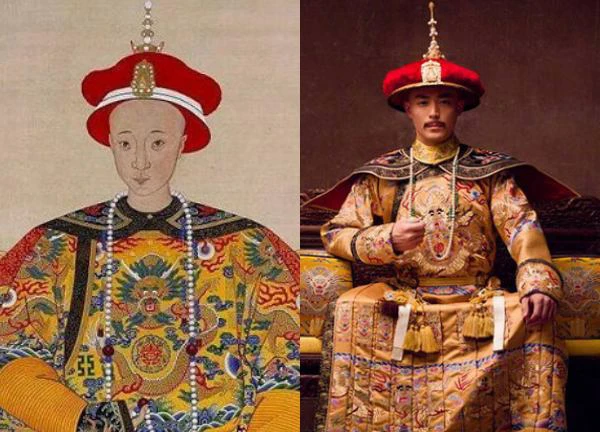
3 | 1 Discuss | Share
Emperor Qin Shi Huang, who unified China and ruled over vast territories in 221-210 BC, has attracted the attention and interest of scientists, archaeologists, and the public.
Especially after someone accidentally discovered the terracotta army protecting his tomb in 1974.
The Mausoleum of Qin Shi Huang is located in the Lingshan Mountain area, in Lintong, Xi'an, northwest China. The square tomb, with a flat roof, is 76m high, 345m wide, 350m long, running north-south, with an area of 120,750m2.
While much of the Qin Shi Huang Mausoleum has been explored by archaeologists, the interior of the 2,200-year-old mausoleum remains a mystery to this day. Scientists have not dared to enter the tomb of Qin Shi Huang, despite the fact that it promises to contain valuable historical information.
It is believed that a "deadly curse" exists to protect Qin Shi Huang's tomb from intruders. The reason is that Qin Shi Huang was buried with a lot of gold, silver and precious jewels. To protect the tomb from the invasion of tomb robbers, the Qin Emperor designed many deadly traps inside his own tomb.
According to rumors, a leader of a group of tomb robbers once entered the tomb of Qin Shi Huang. He accidentally saw a mysterious scene in the underground palace of this Emperor and then turned around and left. What did he see?
First, he saw a huge amount of mercury flooding the entire underground palace. Then he saw a female skeleton in the center of the underground palace who seemed to be talking to someone. Too scared, this person turned around and left, and from then on, he "washed his hands of the sword" and returned to normal life.
As we know, the tomb of Qin Shi Huang is surrounded by a river of mercury and a series of deadly traps. It is believed that inside the tomb there are automatic arrow-shooting machines, in addition to air traps containing extremely toxic mercury.
During the excavation, archaeologists found that the amount of mercury in the tomb was 280 times higher than normal. This coincides with the records in Sima Qian's historical records about the mercury river inside the tomb.
Opening the tomb could also lead to immediate and deadly danger. In a document written about 100 years after Qin Shi Huang's death, the ancient Chinese historian Sima Qian explained that the tomb was riddled with traps to kill any intruders.
"The statues of soldiers held crossbows and arrows ready to shoot anyone who entered the tomb. Mercury was used to simulate hundreds of rivers. Among them were the Yangtze River, the Yellow River, and the Great Sea. They were set to flow mechanically," wrote historian Sima Qian.
Therefore, up to now, experts and scientists have not been able to access the area with mercury rivers because of concerns about its deadly dangers. Because of this, experts can only conduct tests and research from a distance.
Qin Shi Huang was born in 259 BC, his real name was Ying Zheng - the 36th king of the Qin state. According to Sima Qian's "Historical Records", Qin Shi Huang ascended the throne as King of Qin at the age of 13, with his father Lu Buwei as regent.
Unlike other emperors of the Qin Dynasty, after ruling the country, Qin Shi Huang had the ambition to annex 6 vassal states and call himself Emperor. At the age of 38, Qin Shi Huang actually did it.
After unifying the country and establishing China, Qin Shi Huang became the first emperor in history. He reigned for 12 years, then died in 210 BC (at the age of 49) due to a serious illness.
From birth, Qin Shi Huang had a turbulent fate when his mother was Zhao Ji, a concubine given by Lu Buwei to a young master of the Qin Dynasty, Doanh Yi Ren. Not long after, Zhao Ji became pregnant and gave birth to Doanh Chinh.
As a child, Doanh Chinh and his mother had to wander in the Trieu country, suffering all kinds of bitterness and humiliation. Later, when he returned to the Qin country, he accepted Di Nhan as his father - who was now King Trang Tuong of Qin. Doanh Chinh returned to take revenge on all those who had bullied him.
Three years after ascending the throne, King Zhuangxiang of Qin passed away, passing the throne to Crown Prince Ying Zheng. Despite the rumors about his origins, he proved himself to be a great king through his own strength.
The story of Qin Shi Huang's childhood and his journey to conquer six vassal states quickly became a legend in history. From then on, people also woven many rumors and folk legends about the process of his reign, which have been passed down to later generations.
Posterity was both curious, terrified, and could not help but admire the great achievements of the first Emperor of China.
The same servant to the Emperor, but why was the eunuch not forced to "purify" like the eunuch? 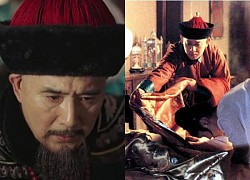 JLO17:13:41 02/01/2024Working together for the emperor of China, the eunuch went through the process of purification but the eunuch did not. This makes many people curious why the crown prince was treated so favorably by the emperor.
JLO17:13:41 02/01/2024Working together for the emperor of China, the eunuch went through the process of purification but the eunuch did not. This makes many people curious why the crown prince was treated so favorably by the emperor.

3 | 1 Discuss | Share
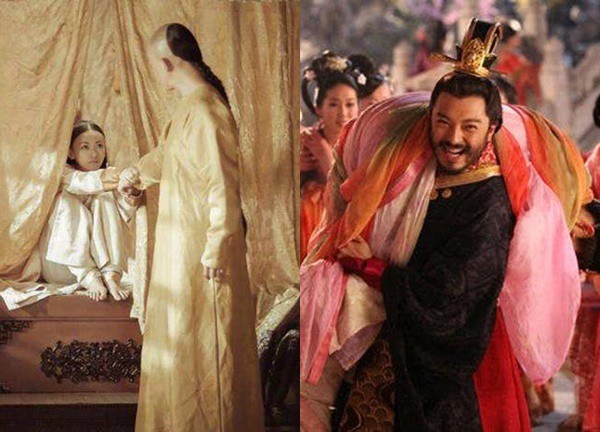
3 | 1 Discuss | Share
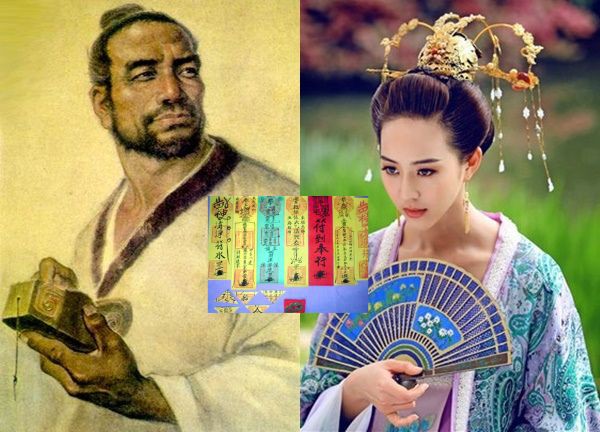
2 | 1 Discuss | Share
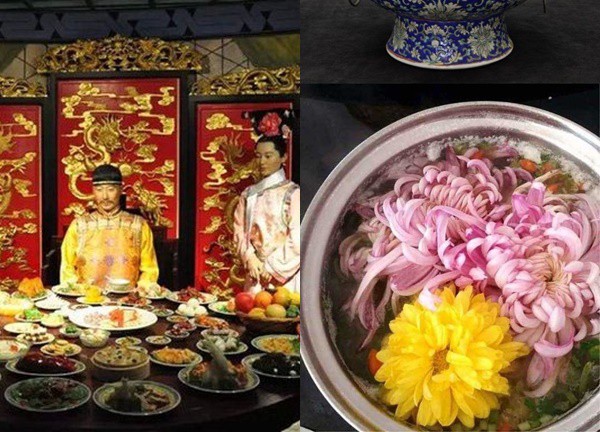
3 | 0 Discuss | Share

3 | 1 Discuss | Share
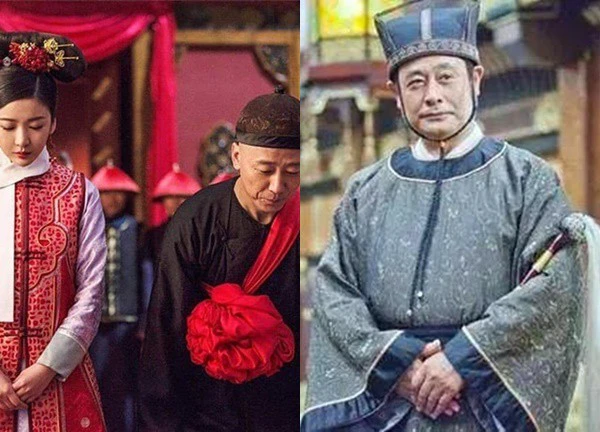
3 | 1 Discuss | Share
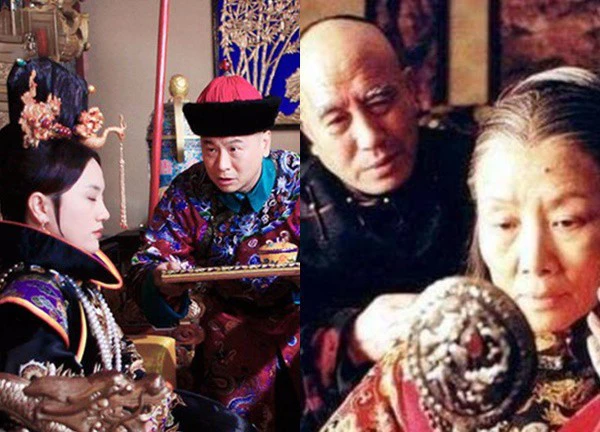
1 | 1 Discuss | Share
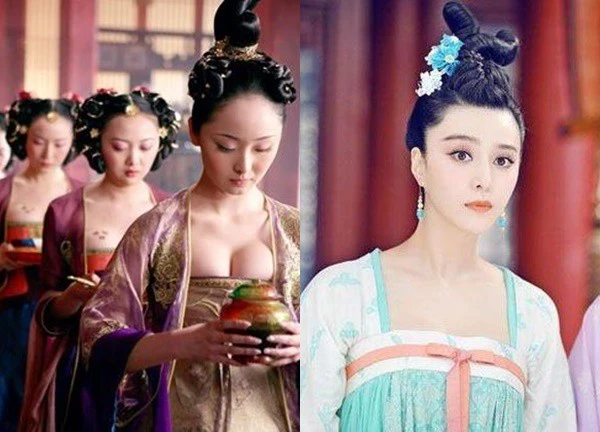
2 | 1 Discuss | Share
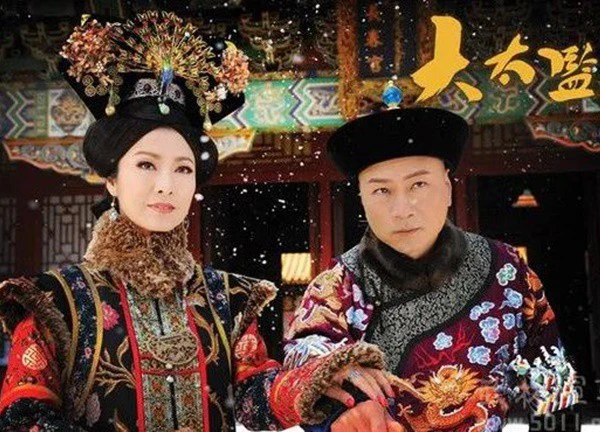
3 | 1 Discuss | Share
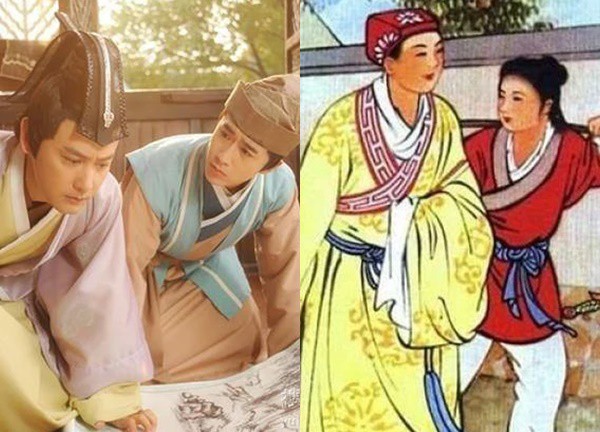
4 | 1 Discuss | Share
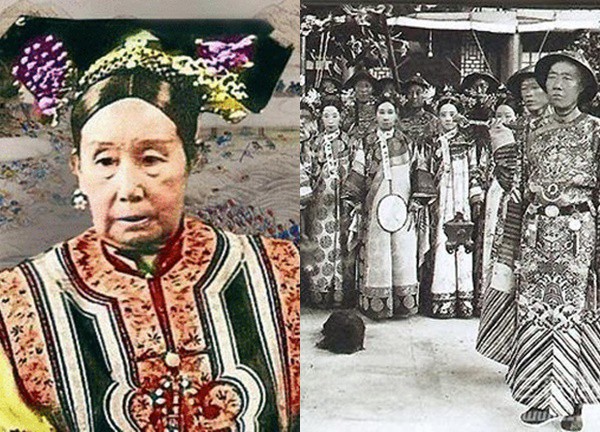
7 | 1 Discuss | Share
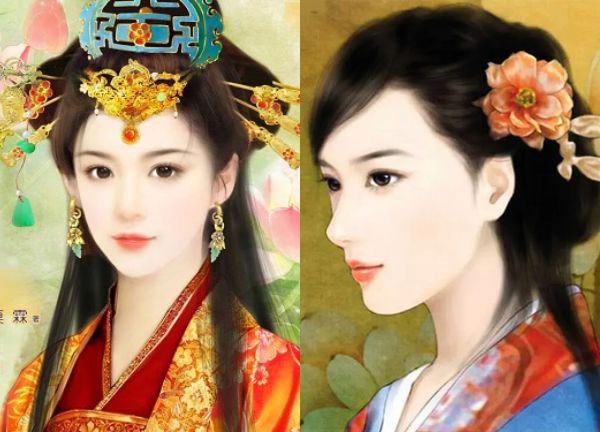
3 | 1 Discuss | Share





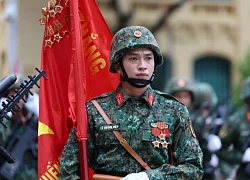




3 | 1 Discuss | Report